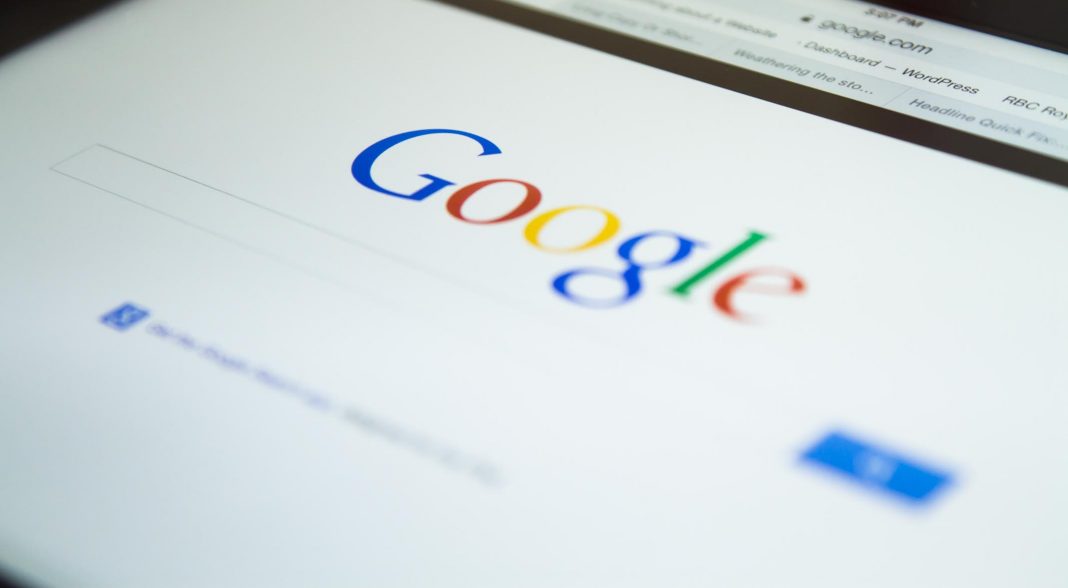Google’s dominance over advertising technology is the focus of a new antitrust charge sheet from Europe’s top regulator. The 27-nation bloc fired off a statement of objections that threatened a breakup of parts of the lucrative business, kicking off a process that could take years to resolve. The Alphabet Inc. unit had favored its ad exchange program over its rivals, bolstering the company’s central role in the ad tech supply chain as well as Google’s ability to charge a high fee for its service, Margrethe Vestager, the EU’s competition commissioner, said in a Wednesday press conference.
The Commission’s preliminary view is that only “mandatory divestment by Google of part of its ad tech services will address its concerns,” Vestager said. Google controls both sides of the ad tech market, selling ad space to marketers and providing digital tools that help them buy ads on websites, mobile apps, and other online platforms. “The fact that it has abused this dominant position on both sides of the ad market gives it a significant advantage that it could exploit over rivals,” she added.
For example, the Commission says that Google prevented rival ad tech services from accessing ads on YouTube to avoid competing with its ad exchange portal. And it also allegedly denied rival auctioning platforms access to ad space on its AdX platform during the auctioning process, which artificially inflated prices. In addition, the Commission says Google gave its ad tech services preferential access to publishers’ inventory by preventing them from using header bidding, an industry innovation designed to increase auction competition for publisher ad space.
Vestager’s statement of objections is a formal step that could lead to the European Union imposing its harshest fine yet on the world’s largest internet search engine. The EU’s antitrust arm typically issues statements of objections to warn companies against specific behavior that they believe is harmful to competition. Still, the penalties rarely reach a level that would affect a Silicon Valley firm’s bottom line.
Instead, the European Union often imposes “behavioral remedies,” which require companies to alter their business models to prevent them from engaging in anti-competitive practices. But these remedies have failed mainly, according to a former official involved in two of the EU’s previous antitrust cases against Google.
While the market’s initial response to the news was subdued, many marketers have spent days unpicking the case details and what it might mean for them since the announcement. Four agency execs who spoke to Digiday this week had different takes on the case and its implications for them and the industry.
A big question is whether the European Union will seek to force Google to sell off parts of its ad business, which would be a first in its antitrust history against the tech giant. The EU has previously hit Google with over $8 billion in fines in three antitrust cases involving its Android mobile operating system, shopping, and search advertising services.



